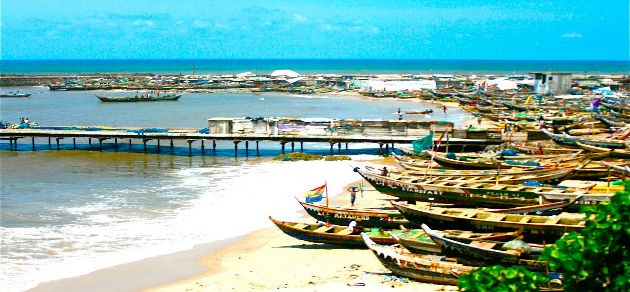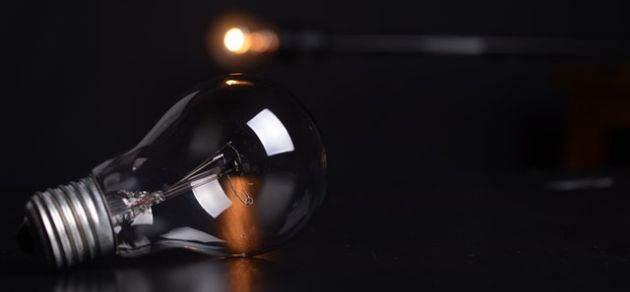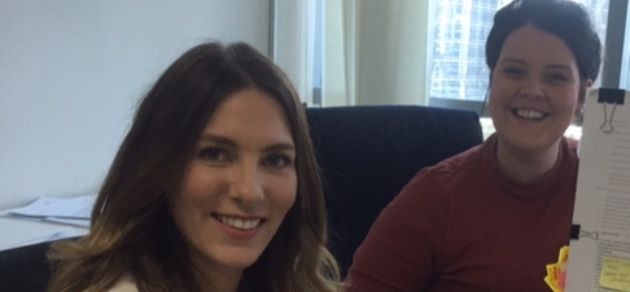Both Cape Town and Johannesburg municipalities have implemented stringent water restrictions in an attempt to reduce water consumption in South Africa's major metropolitan areas. This move follows the severe drought that has affected South Africa, leaving dams at a critically low levels.
The increased demand for water created by Johannesburg’s ever growing population, together with poorly maintained, aging infrastructure, has combined with the effects of 2 years of drought to place a great deal of strain in the city’s water supply.
Cape Town's dam storage levels are also critically low, as a result of drought, meaning that the water supply needs to be carefully managed to ensure all resident's have access to water during the coming dry summer months.
Level 3 water restrictions are in place in Cape Town as from 1 November 2016. Level 3 water restriction tariffs will be implemented from 1 December 2016.
Level 3 Water Restrictions currently in place in Cape Town are as follows:
- Do not water gardens with a hose or irrigation system. Only buckets and watering cans may be used. It is recommended that residents only water in the mornings and evenings.
- Do not use hosepipes to wash cars or cleaned paved areas and driveways.
- Manual topping-up of swimming pools is only allowed if a pool cover is in place.
- Use of portable play pools is prohibited.
Johannesburg has Level 2 water restrictions in place, as well as water restriction tariffs on domestic users effective from September 2016. This means that households will be charged higher tariffs for using too much water. Fines of R1,500 will also be issues by the Johannesburg Metropolitan Police Department to residents who do not comply with the water restrictions.
Level 2 Water Restrictions currently in place in Johannesburg are as follows:
- Do not water or irrigate gardens between 6am and 6pm.
- Only hand held hosepipes, buckets or watering cans can be used outside these hours, not irrigation systems.
- Swimming pools may not be filled with municipal water, however residents are allowed to “top-up” pools to above the weir to ensure proper functioning of the filtration system.
- Do not use hosepipes to wash cars or to clean paved areas and driveways.
It looks as if these water restrictions are here to stay for a while. We in South Africa may need to get used to more sustainable and conservative water use and make some long term lifestyle changes. All who live in Johannesburg will be affected by this. Your water bill may rise quite sharply. Houses with large gardens may become very expensive to maintain and therefore less popular. And ultimately, it is in the interests of all citizens of the world to live in a sustainable manor and be conscious of the environment.
Some tips for saving water:
- Mulch garden beds to retain water better
- Fix dripping taps and running toilets. Sometimes all that is required is to replace the washers
- Take shorter showers and shallower baths
- Choose water-wise plants from the nursery
- Turn off the water when you brush your teeth
- Always use full loads in your dishwasher and washing machine
- Check for leaks by turning off all your taps and then checking the water meter at the sidewalk. If it is still turning, then you may have a leak on your property.
- Consider installing a grey water system or a rain water catchment system
For more information on the water restrictions and tariffs, please visit the City of Johannesburg website and the City of Cape Town website.


